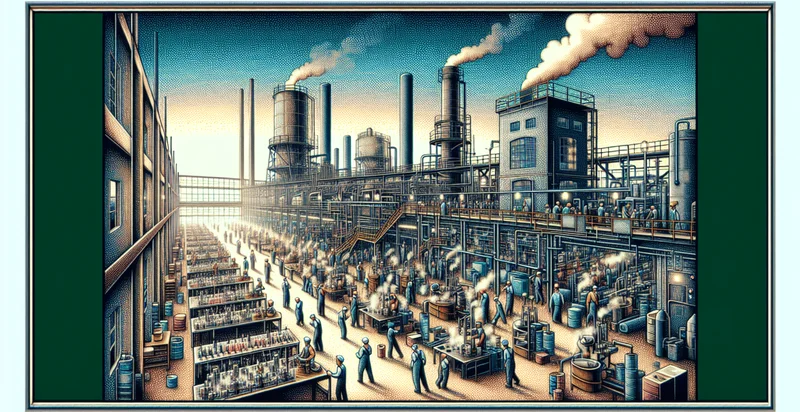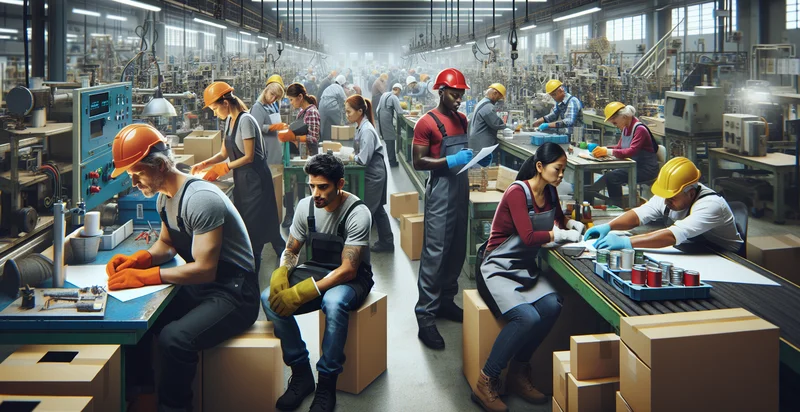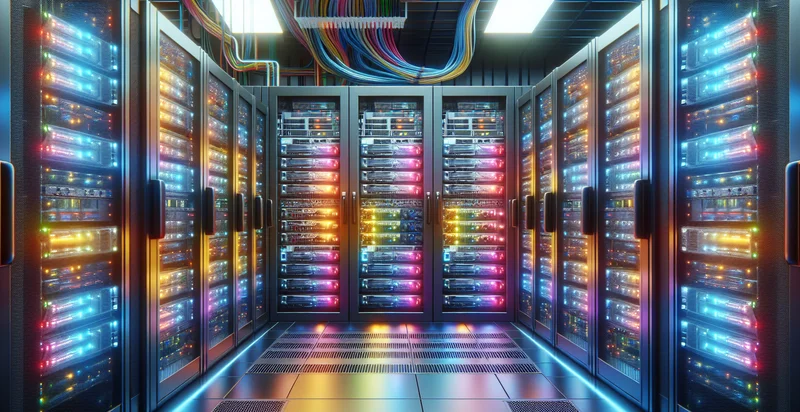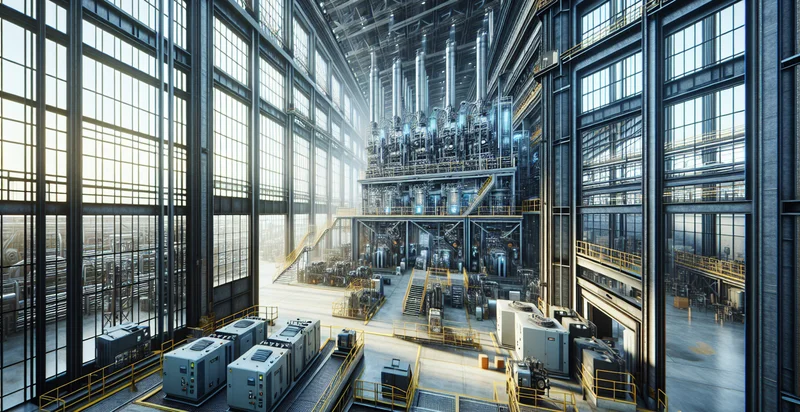Identify if factory is open
using AI
Below is a free classifier to identify if factory is open. Just upload your image, and our AI will predict if the factory is open - in just seconds.

Contact us for API access
Or, use Nyckel to build highly-accurate custom classifiers in just minutes. No PhD required.
Get started
import nyckel
credentials = nyckel.Credentials("YOUR_CLIENT_ID", "YOUR_CLIENT_SECRET")
nyckel.invoke("if-factory-is-open", "your_image_url", credentials)
fetch('https://www.nyckel.com/v1/functions/if-factory-is-open/invoke', {
method: 'POST',
headers: {
'Authorization': 'Bearer ' + 'YOUR_BEARER_TOKEN',
'Content-Type': 'application/json',
},
body: JSON.stringify(
{"data": "your_image_url"}
)
})
.then(response => response.json())
.then(data => console.log(data));
curl -X POST \
-H "Content-Type: application/json" \
-H "Authorization: Bearer YOUR_BEARER_TOKEN" \
-d '{"data": "your_image_url"}' \
https://www.nyckel.com/v1/functions/if-factory-is-open/invoke
How this classifier works
To start, upload your image. Our AI tool will then predict if the factory is open.
This pretrained image model uses a Nyckel-created dataset and has 2 labels, including Factory Closed and Factory Open.
We'll also show a confidence score (the higher the number, the more confident the AI model is around if the factory is open).
Whether you're just curious or building if factory is open detection into your application, we hope our classifier proves helpful.
Related Classifiers
Need to identify if factory is open at scale?
Get API or Zapier access to this classifier for free. It's perfect for:
- Production Scheduling: The 'if factory is open' identifier can be integrated into production scheduling systems to ensure that planned operations align with factory availability. This will help reduce downtime and optimize resource allocation by shifting tasks or resources that depend on factory operation states.
- Supply Chain Management: This function can enhance supply chain visibility by providing real-time updates regarding factory status. Suppliers can adjust their delivery schedules based on whether the factory is operational, thus streamlining logistics and reducing waiting times.
- Energy Management: Factories can utilize this identifier to monitor energy consumption based on their operational state. When the factory is closed, energy-saving measures can be implemented, reducing costs and contributing to sustainability goals.
- Emergency Response Systems: In the event of an emergency, this function can trigger automatic notifications to relevant personnel when a factory is closed or open. This helps ensure a swift response and coordination of safety protocols, ultimately safeguarding employees and assets.
- Maintenance Scheduling: Maintenance teams can leverage this identifier to plan preventive maintenance when the factory is closed. This reduces disruption to production activities while ensuring that all machinery is kept in optimal working condition.
- Automated Reporting: Businesses can use this function to generate automated reports on facility usage and operational patterns. By analyzing the data on factory openings and closures, management can make informed decisions regarding operational efficiency and resource management.
- Visitor Management: The identifier can support visitor management systems by informing security teams and receptionists about the factory's operational status. This will enhance safety protocols and ensure the proper handling of guests and contractors entering the premises.


